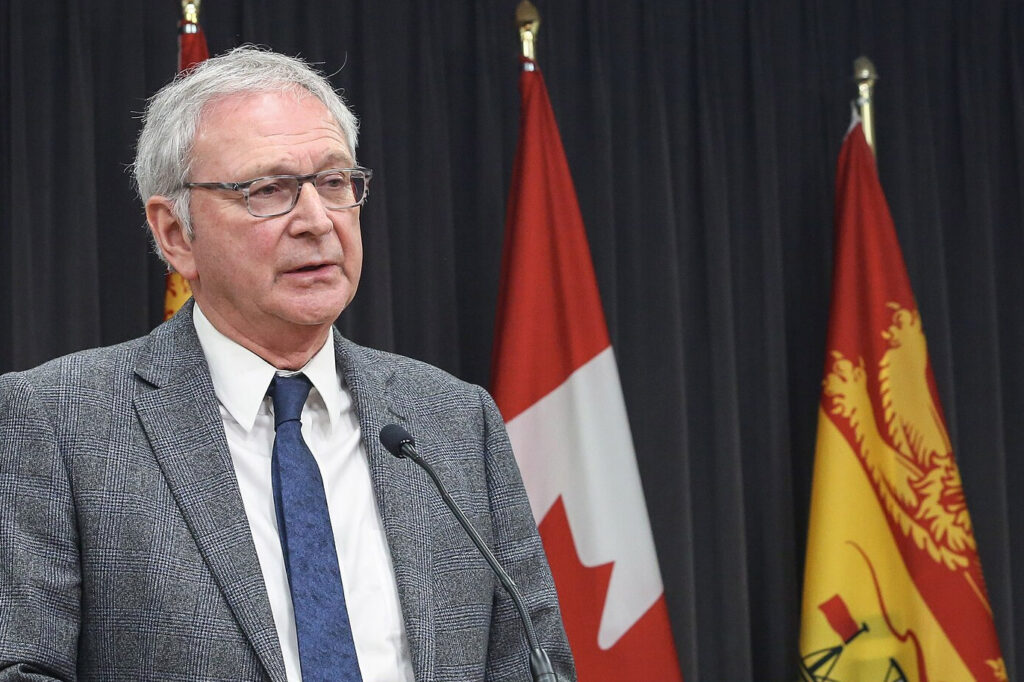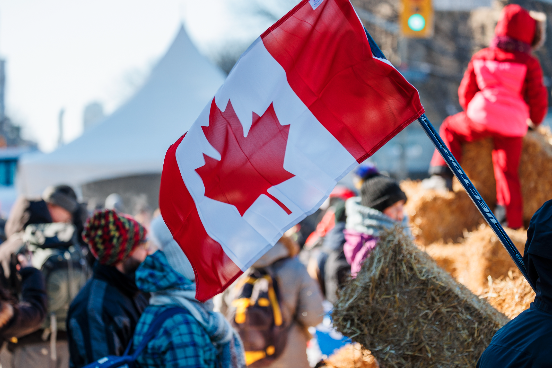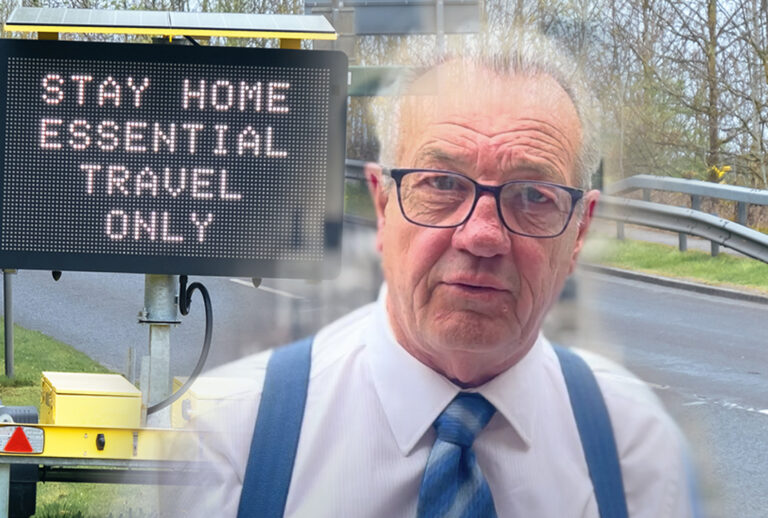FREDERICTON, NB: The Justice Centre for Constitutional Freedoms is pleased to announce that two groups, Gender Dysphoria Alliance and Our Duty Canada, have been jointly granted intervenor status in a constitutional challenge to a New Brunswick education policy. The policy requires that parents be notified when their child intends to undergo a gender transition by using a different name and pronouns at school.
On August 17, 2020, the New Brunswick government created Policy 713, which prohibited teachers from informing parents that their child had adopted a new name or pronouns at school (unless the child consented to such disclosure).
On June 8, 2023, the government changed the policy to require that parents of students under 16 years of age be notified by the school before the formal use of a different name or pronoun. “Formal” refers to the use of names and pronouns in the classroom and in school records.
The change to Policy 713 brought a firestorm of criticism and media coverage because it was the first of its kind in Canada to support parental rights on this issue. New Brunswick Premier Blaine Higgs stated that he believes he has the support of parents in the province on this issue.
The Canadian Civil Liberties Association (CCLA) brought a constitutional challenge against the Province of New Brunswick as represented by the Minister of Education and Early Childhood Development, on September 6, 2023. The CCLA argues that Policy 713 infringes the students’ rights to freedom of expression, to equality, and to life, liberty and security of the person.
“The Canadian Civil Liberties Association has filed a court challenge against the right of parents to be fully informed about what is happening with their own children at school,” stated John Carpay, President of the Justice Centre.
“The Supreme Court of Canada explained in B.(R.) v. Children’s Aid Society of Metropolitan Toronto that the parental interest in bringing up, nurturing and caring for a child, including medical care and moral upbringing, is an individual interest of fundamental importance to our society,” continued John Carpay.
On May 2, 2024, Justice Richard Petrie of the New Brunswick Court of King’s Bench granted intervener status to two groups: Gender Dysphoria Alliance is comprised of transsexual adults who seek to promote an evidence-based approach to gender dysphoria. Our Duty Canada is a peer support network for parents of children struggling with gender dysphoria and transgender ideation. As intervenors, they now have the right to present evidence to the court. The Justice Centre is providing for the legal representation of both groups, which seek to uphold the constitutionality of the amended Policy 713.
Prior to granting intervenor status, on March 5, 2024, Justice Petrie ordered that any proposed intervenors file the evidence they intend to present.
Gender Dysphoria Alliance and Our Duty Canada submitted the following testimonies as evidence:
- The written testimony of a New Brunswick mother whose child underwent a social transition in school, about which she was not informed;
- The written testimony of a young woman from Alberta who began to adopt new pronouns at school without her parents’ knowledge; she ultimately reversed course (detransitioned) after her parents became aware of her situation and were able to assist her;
- The written testimony of the young woman’s father.
Karin Litzcke of Our Duty Canada says, “[Our] members are pleased to have an opportunity to contribute to the development of jurisprudence in this area. What has happened to us could happen to any parents under policies that promote secrecy from families. We are grateful to the Justice Centre for its assistance in advocating for the interests of children and parents in court.”
Speaking on behalf of Gender Dysphoria Alliance, Aaron Kimberly says, “The Gender Dysphoria Alliance is pleased with the decision to grant us intervention status in this case. We believe New Brunswick’s policy is an important safeguarding measure for children experiencing gender incongruence, since we know that most kids with this experience turn out to be gay or lesbian, not trans. Prematurely labelling kids “trans” and socially transitioning them is a psychosocial intervention that risks putting pre-gay kids onto an unnecessary medical pathway.”
Hatim Kheir, lawyer for both groups, says, “The Supreme Court has affirmed that parents in Canada have the right to guide the moral upbringing of their children. This case provides an opportunity for the Court to apply those rights to issues surrounding gender which are becoming increasingly relevant in our society.”








